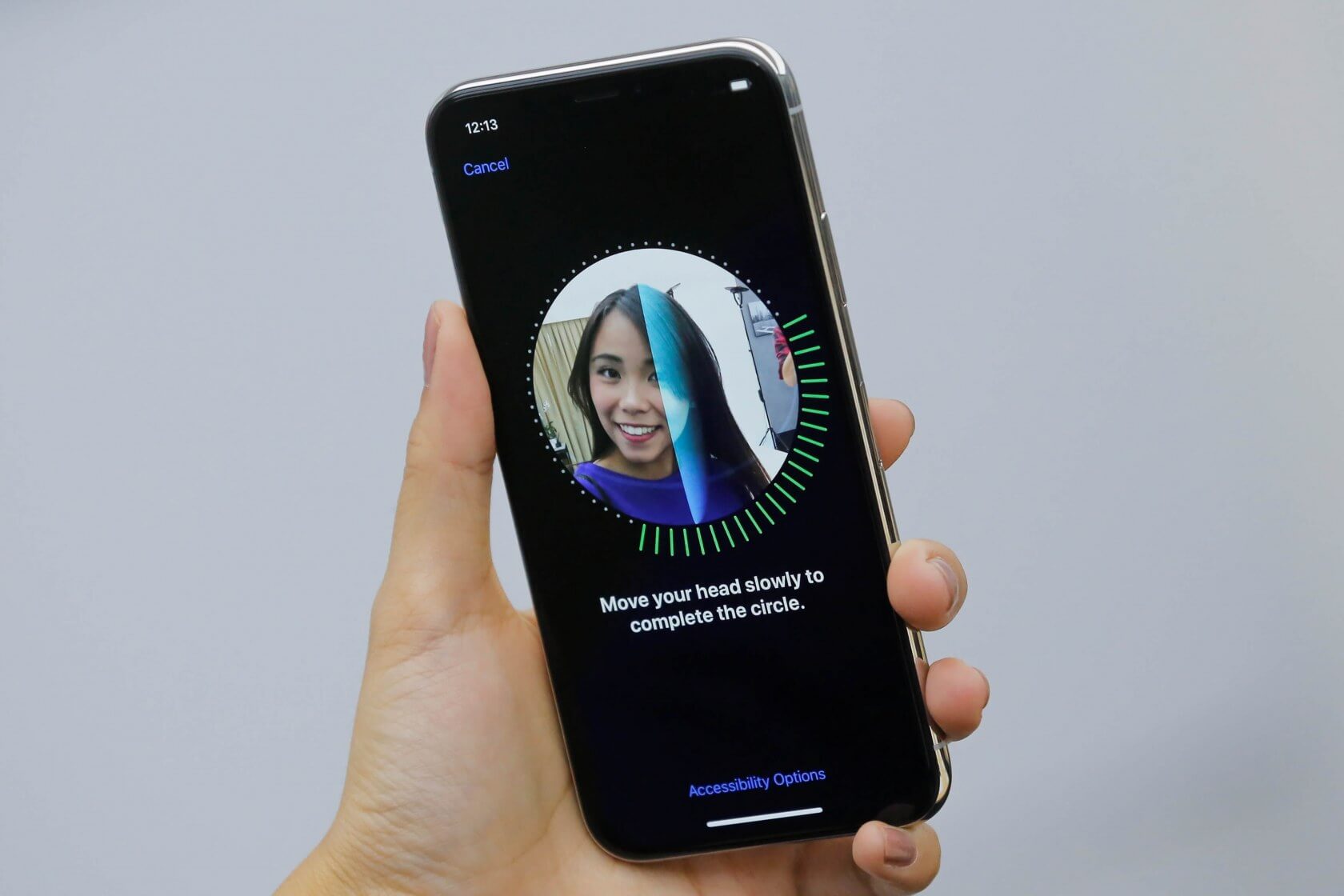A hot potato: Since Apple unveiled Face ID in last year's iPhone X, there have been questions over whether authorities could force someone to unlock a device by looking at it. Now, what's believed to be the first incident of law enforcement accessing a suspect's iPhone using Face ID has taken place.
According to a report by Forbes, the FBI raided the home of Columbus, Ohio, resident Grant Michalski, who was later charged with receiving and possessing child pornography.
The feds turned up with a search warrant that allowed them to search Michalski's computer for evidence. After discovering his iPhone X, they asked him to put his face near the handset to unlock it using Face ID, which he did. Agents then "placed the [phone] into airplane mode and examined it by looking through the files and folders manually and documenting the findings with pictures."
Ever since Apple refused to help the FBI unlock the iPhone 5c belonging to San Bernardino shooter Syed Rizwan Farook, authorities have been using different methods of circumventing Apple's encryption. We've seen plenty of cases where law enforcement and judges have ordered people to unlock their iPhones using their fingerprints---even dead people's prints have been used for this purpose. It now looks as if Face ID might be used in the same way.
While evidence of criminal activity was discovered on Michalski's iPhone X, it wasn't possible to perform forensic extractions on the device as the FBI let it eventually lock and didn't have the passcode. Recent versions of iOS require this code when connecting a phone to a computer if it's been locked for over an hour. Another search warrant has been granted, but it seems the FBI won't be using Michalski's face a second time.
Although Michalski did comply with the request to unlock his phone using Face ID, others may refuse by pleading their fifth amendment rights against self-incrimination---something suspects have previously used as a reason not to hand over their passcodes. However, it seems that Face ID, much like the fingerprint-based Touch ID, is not covered by the same fifth amendment rule, but expect plenty of arguments to the contrary to start appearing in courts.
